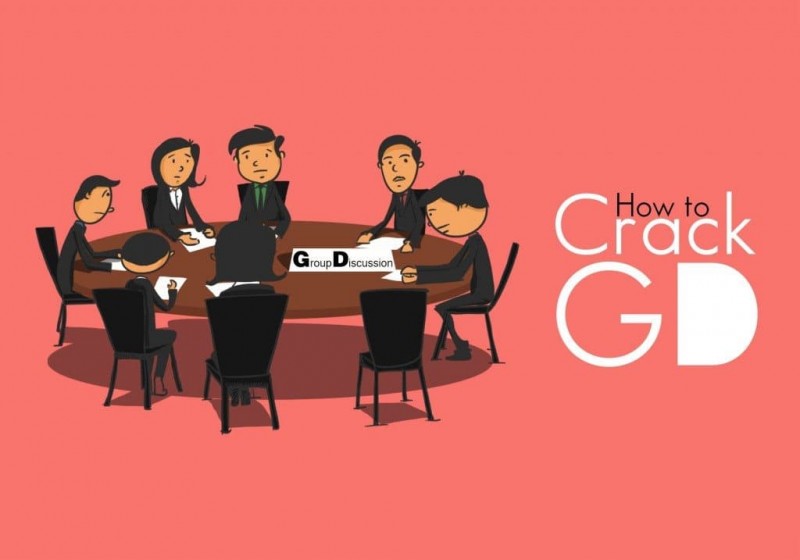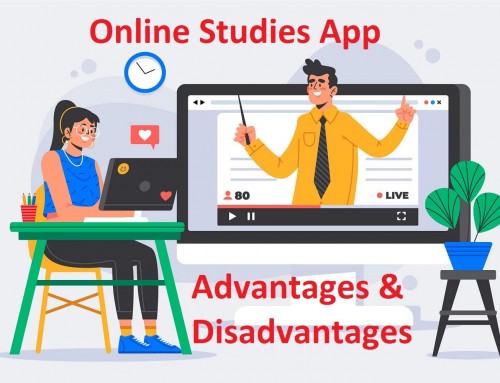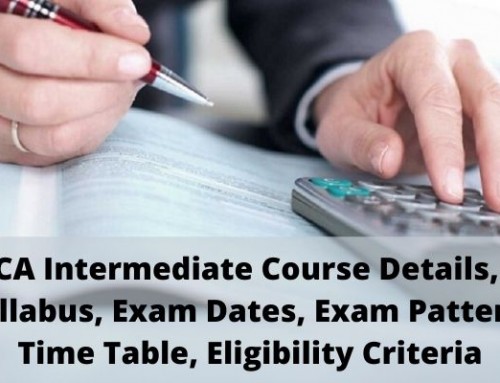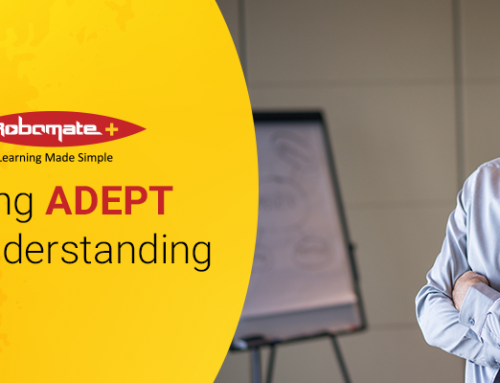Group Discussions (GDs) provide organisations and B-Schools with a simulated managerial setting in which the candidates can be assessed. The selectors find it the quickest method to assess 12 to 14 candidates in the span of mere 20 minutes or so. This makes GDs a convenient personality assessment tool in the selection process, though some of the top B-schools have recently substituted group discussion with an extempore essay writing.
The first thing about a GD that candidates must remember is that they are under constant observation. Every word, gesture, conscious or unconscious move and expression of the candidate provides certain clues about the personality of the candidate. These clues are then reduced to data that help the panel assign an appropriate ranking or marks to the candidate. It hence becomes necessary to maintain decorum, a formal yet friendly attitude, and an air of involvement throughout the group discussion.
Content
The two broad parameters that are applied to the observation of a candidate are the ideas expressed by a candidate – the content – and they way in which those ideas were communicated to the group – the process. These are then assessed in real time to make certain reasoned judgments about the candidate.
Candidates are generally wary about the quality of content that they can bring to a GD, as the topic can be something that they are hardly familiar with. This is all the more so in topics that are termed as ‘abstract’ – giving no clue about what is actually meant by the topic, or what is expected from the candidate. However, generating content in a GD is not an impossible task for an acute thinker. Any topic, even the one based on current affairs can be looked at from various angles of human interest in order to generate sufficient content to speak for a minute or so at one time and five or six times in a GD. All GD topics definitely carry sufficient relevance to broad issues of human interest – economic, historical, social, psychological, and moral. Hence what one speaks not only reflects one’s background reading and thinking, but also one’s resourcefulness, ability to think on one’s feet, one’s analytical skills and, to a keen observer, one’s value system. A candidate has to project an image of confidence, maturity, and intelligence. Hence the content that one generates in a GD speaks volumes about several aspects of a candidate’s personality.
Presentation
Though the second broad parameter about ‘the process’ is not so worrisome to candidates, the way one speaks in a GD is of paramount importance – or at least as important as the content itself. The way one is willing to listen to another, the dignified manner in which one corrects a wrong or incomplete perception or point of view, the humility one shows in accepting reasons more valid than one’s own, the eagerness to learn from another, the keen interest one has in the deeper issues of human interest that the analysis has thrown up, and a mind that is ever open to new ideas are all mirrored by the way one participates in a GD. The process is the true gauge of interpersonal skills.
Leadership skills
A much discussed and rather glorified aspect of a group discussion is about ‘leadership skills’. Many youngster go astray in GDs because of their rigid and erroneous notions about leadership skills. What do leadership skills really mean in the context of a GD? Leaders are confident, are steadfast to their ideologies and vision – in that respect may even be termed as ‘obstinate’, are unwilling to compromise, and are able to convert willing listeners to his or her point of view etc. etc. In the context of a group discussion all these traits seem to be almost counter-productive in group activities. And they are so. Leadership skills in the context of a GD are completely different form the qualities described above. In the corporate world, and management education, it is situational leadership that is far more important. Situational leadership includes the ability to take the team to a win-win situation by perceiving and analysing the strengths and the weaknesses of the team, and by being one with the team.











